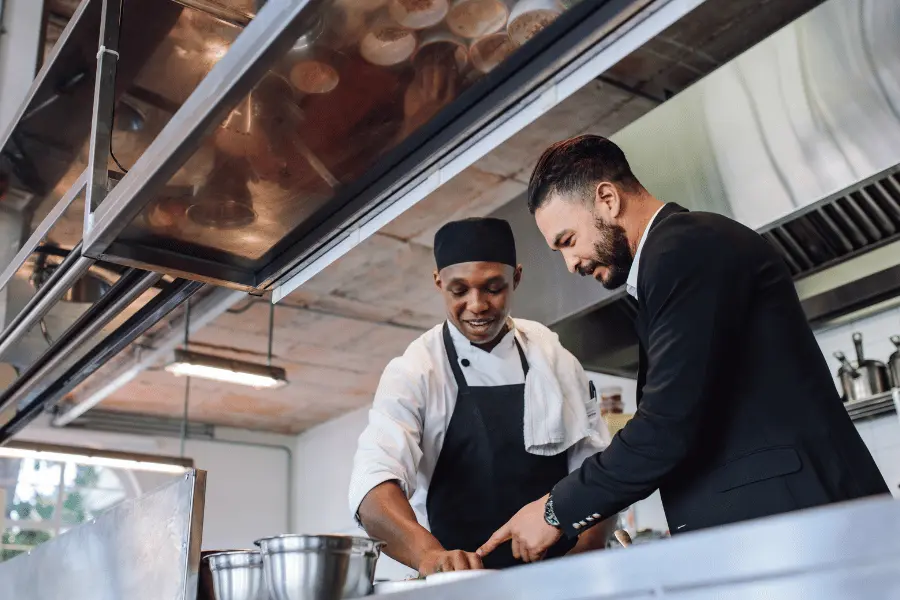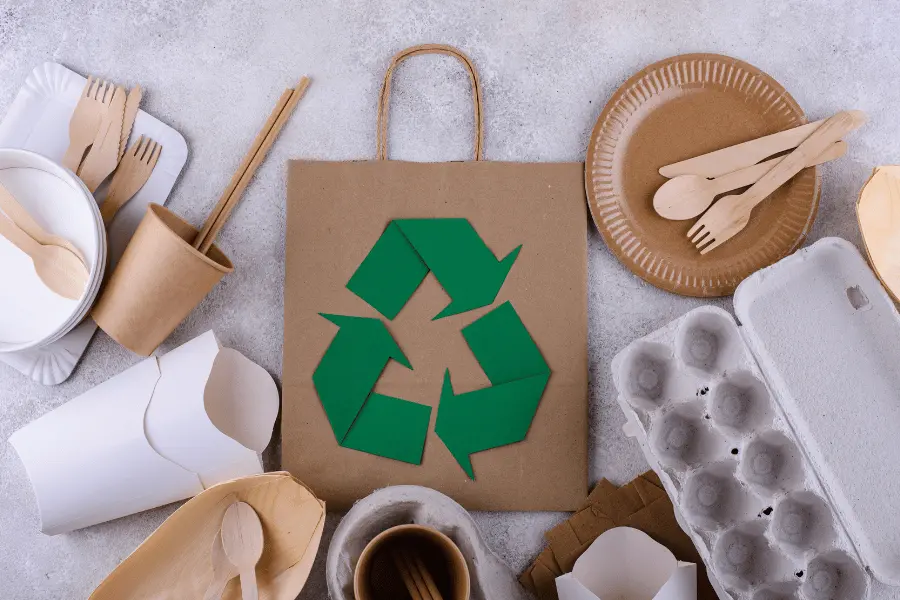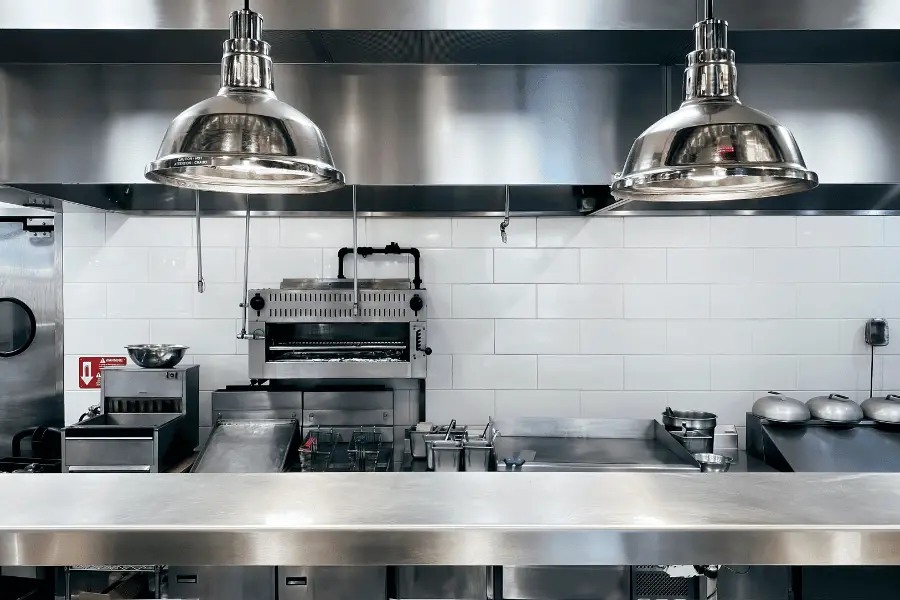In the world of hospitality, the kitchen is more than just a space for cooking. It’s the beating heart of the operation, where guest experiences are crafted, efficiency is measured, and profitability begins. Yet, for something so vital, commercial kitchens are often under-planned or retrofitted into blueprints as an afterthought. This is where the value of a kitchen consultant becomes not only relevant, but essential.
From luxury resorts and high-volume restaurants to boutique cafés and business hotels, hospitality operations are increasingly turning to professional kitchen consultants to help bridge the gap between vision and functionality. A well-designed kitchen is not only about cooking more efficiently; it’s about building a space that aligns with the brand’s ethos, reduces waste, supports sustainability, and ensures compliance without compromising creativity.
The High Cost of Poor Planning
Many hospitality businesses learn this the hard way. Kitchens that lack ergonomic flow, have insufficient prep zones, or suffer from poor ventilation often end up costing more in retrofits, staff turnover, energy consumption, and service delays. Hiring a kitchen consultant at the early stages of planning can help avoid these pitfalls. Consultants bring technical expertise, operational experience, and a deep understanding of how kitchen design affects daily output, guest satisfaction, and long-term growth.
Design That Works Behind the Scenes

While guests rarely see the kitchen, they feel its impact in how fast their meals arrive, how consistent the plating looks, and even how long they wait between courses. A professional kitchen consultant works closely with architects, interior designers, chefs, and operations teams to ensure the space behind the scenes is designed and built to perform optimally. This includes everything from flow optimization and zoning for preparation, washing, and plating to equipment selection, ventilation systems, and future scalability.
At HPG Consulting, we believe that every kitchen should be a seamless extension of the restaurant’s or hotel’s promise. Whether it’s a fine dining restaurant that requires specialised plating counters or a business hotel that needs high-speed breakfast service, the design must align with specific needs. One-size-fits-all simply doesn’t work in the hospitality industry.
Sustainability and Compliance: Built In, Not Bolted On

The pressure to operate more sustainably is now a global industry standard. A qualified kitchen consultant integrates green design principles right from the planning stage. This means energy-efficient equipment, water-saving technologies, and layouts that minimise food waste and unnecessary movement. Smart planning also ensures compliance with fire, safety, and health regulations, reducing the risk of costly penalties or retroactive changes.
Consultants who understand local codes and international best practices help clients avoid shortcuts that could lead to long-term liabilities. At the same time, they’re able to future-proof kitchens with design that adapts as the business evolves, whether it’s scaling up operations, adjusting to seasonal menus, or incorporating new service formats like delivery or cloud kitchens.
Efficiency That Drives Profitability

It’s often said that in hospitality, the margins live in the kitchen. Hiring a kitchen consultant helps increase those margins through smarter design, reduced downtime, and enhanced productivity. Optimised workflows allow chefs to do more with less, while strategically placed equipment reduces staff fatigue and cross-contamination risks. Even factors like storage placement and refrigeration access can impact how smoothly a service runs.
Moreover, well-designed kitchens lead to happier teams. When chefs and staff operate in a space that feels intuitive and well-planned, it reduces stress, supports retention, and contributes to a more cohesive food culture. In an industry known for its high turnover, that alone can be a game changer.
Strategic Thinking for the Long Run
Hospitality brands that want to stand out tomorrow must build smarter today. Engaging a kitchen consultant early in the planning process is an investment in operational resilience, brand experience, and long-term savings. It’s not just about equipment or blueprints, it’s about designing systems that support innovation, elevate food quality, and reflect the ethos of the property itself.
At HPG Consulting, we work at the intersection of functionality, design, and strategy. As hospitality evolves, so must its kitchens. With the right consultant by your side, that evolution can begin with clarity, precision, and purpose.